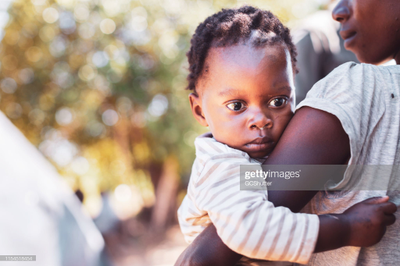Cocoa Production Still A Family Enterprise In Nigeria –US
The United States, US says it is worried by the fact that cocoa production is still raised by hand, not by machine, and remains a very labor-intensive commodity to produce in Nigeria. The US said despite the physical labor involved in the production of Cocoa in the West African country, farmers are realising very limited incomes from their efforts.
In her remarks yesterday at the Nigeria Cocoa Summit held at Eko Hotel and Suites, Victoria Island, Lagos state, Joke Omotunde, Information Specialist, Public Affairs Section, US Consulate General office in Lagos said, bringing transformation to Nigeria’s troubled cocoa sector is what “brings us together today.”
“I am struck by the fact that cocoa is still raised by hand, not by machine, and remains a very labor-intensive commodity to produce. Cocoa production is still very much a family enterprise, from planting to carrying the bags of cocoa beans to the buyers, who may be far away from their farms. Despite the physical labor involved, farmers are realizing very limited incomes from their efforts,” Omotunde said.
She said although there is an insatiable worldwide appetite for chocolate, “Nigeria is not positioning itself to take advantage of the opportunity that it represents.” Omotunde noted that the problem is further aggravated by factors that are often beyond the control of farmers including pests, weather and diseases that affect yield, and the prices that are frequently fluctuating on world markets. Omotunde said whereas international buyers are predicting a potential cocoa shortage by 2020, “sadly, cocoa production here in Nigeria is diminishing. Cocoa farmers and their trees are aging, and farmers are getting some of the lowest yields on the continent.
“Farmers are tending small plots of land, often less than two hectares and are not making the investments needed to maintain quality or productivity. With high interest rates, and the cost of inputs exceeding farmers’ ability to pay, the sector is not seen as a viable way to make a living. Sons and daughters of cocoa farmers are heading to the cities for other opportunities,” she said. Omotunde therefore urged Nigeria to key into the 70 percent demand for cocoa content especially darker chocolate around the world.






